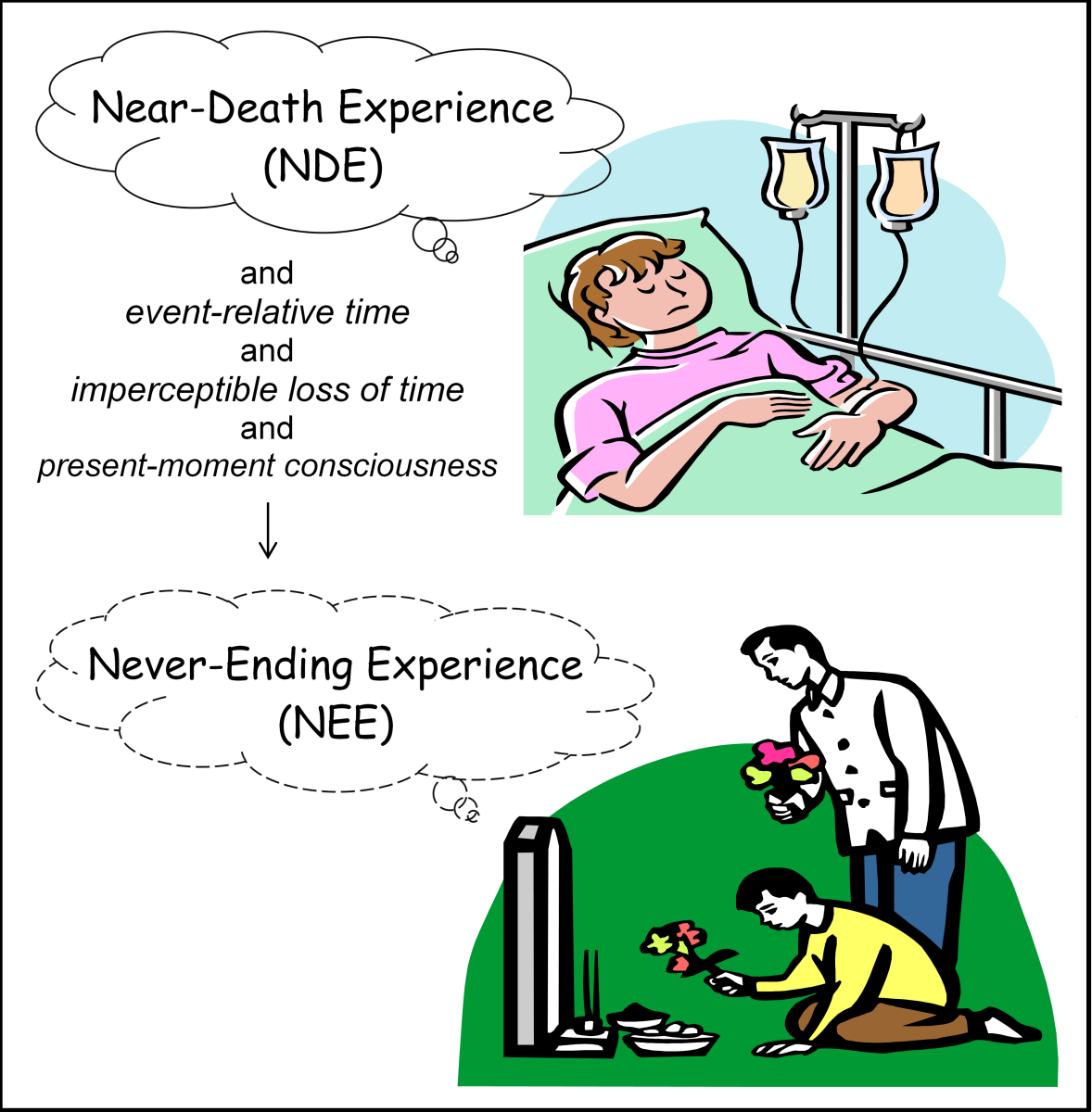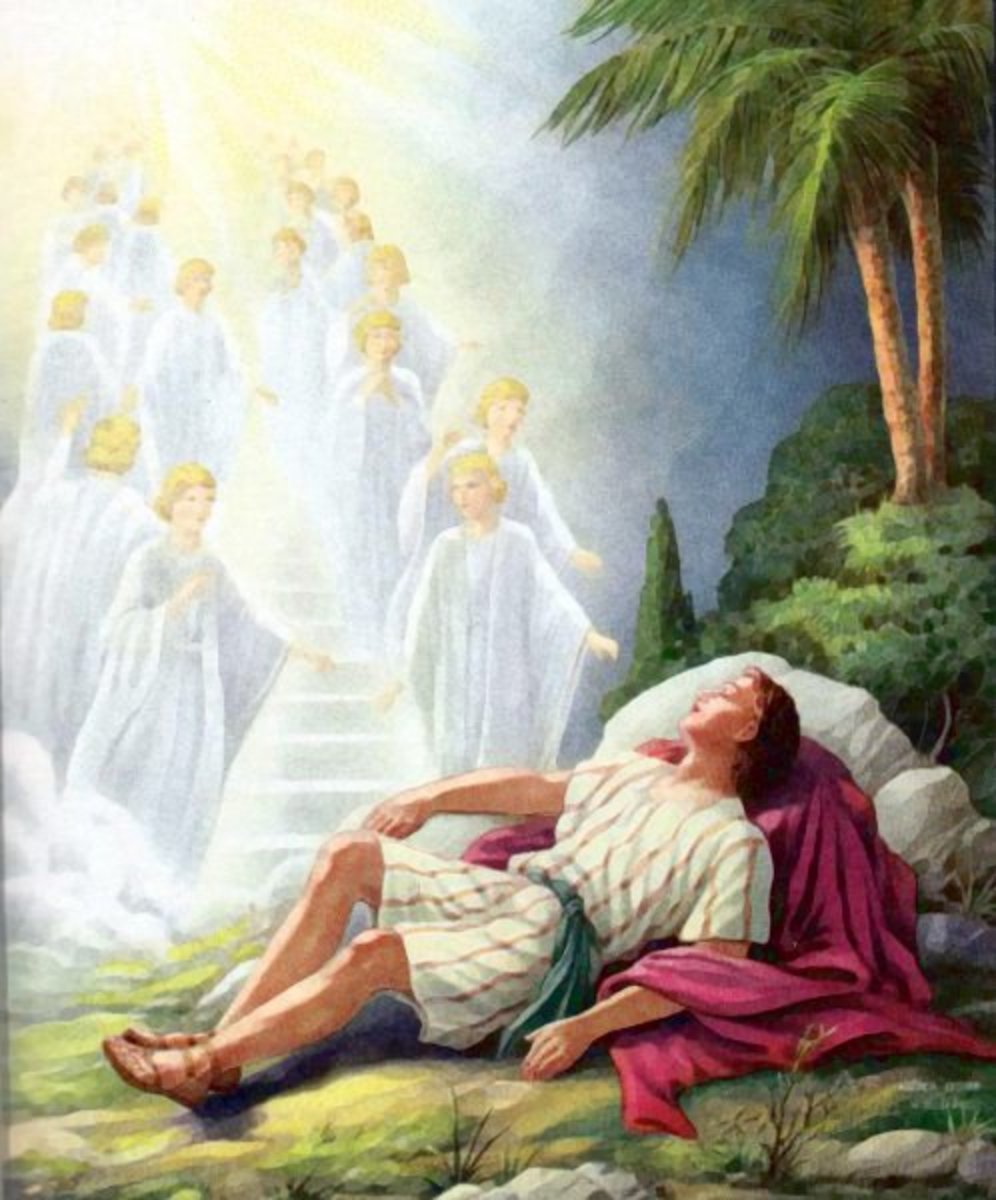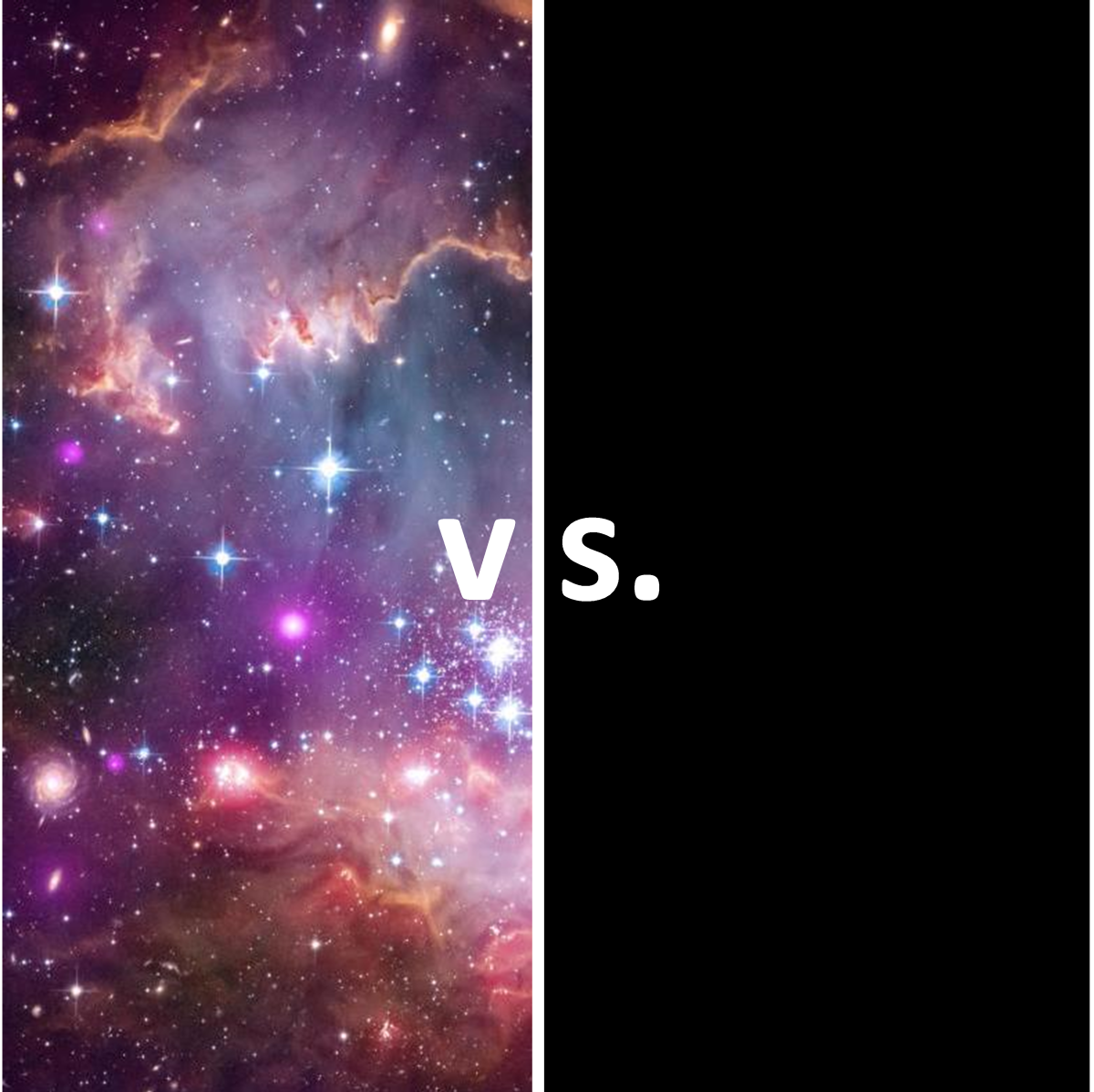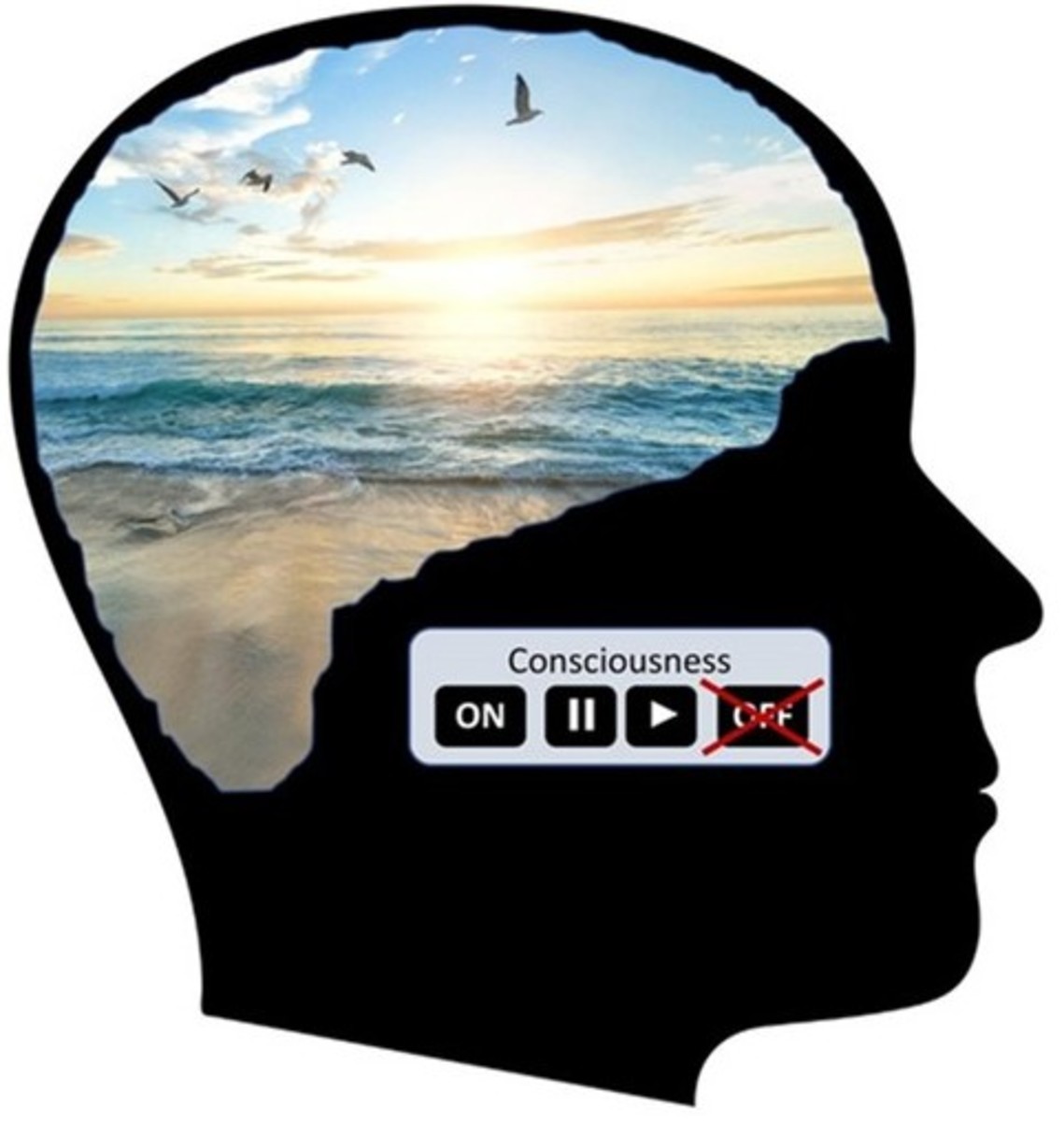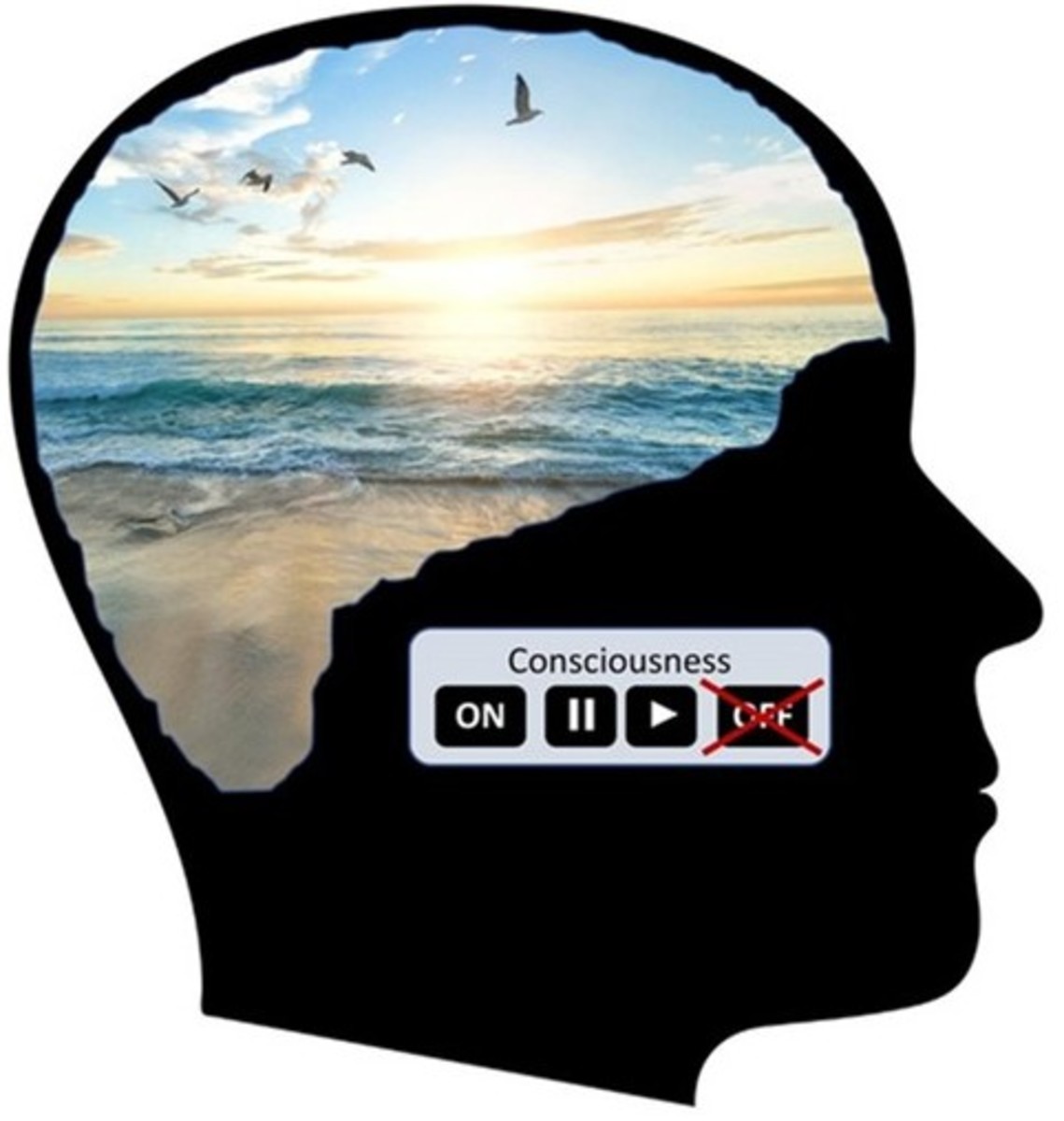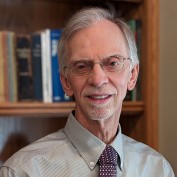 90
90- 0
Our Natural Eternal Consciousness: What Everyone Should Know
In asserting that psychologically, consciousness is not ended at death but paused, the theory of a natural eternal consciousness reveals a timeless immortality. Scientifically, it makes nonexistence impossible, but makes real a natural afterlife, a heaven of utmost joy, and perhaps accountability.
- 0
Our Natural Eternal Consciousness: A Timeless Immortality and Boost for Religion and Humanity
In asserting that psychologically, consciousness is not ended at death but merely paused, the theory of a natural eternal consciousness reveals a timeless immortality. But the uncertainty of its nature increases the risk of end-of-life accountability, which should benefit religion and humanity.
- 0
How to Reduce Suicides and Mass Shootings? Spread the Word About Death’s Psychological Reality
The more people who become aware of the newfound psychological reality of death, the fewer suicides and mass shootings. Science does not claim consciousness ends at death. Instead, it reveals that, psychologically, it is imperceptibly paused. Thus, nonexistence via suicide is no longer an option.
- 5
Why Something vs. Nothing and the Essentialness of Consciousness
A logical argument is given that somethingness is eternal and that it has always included some type of consciousness, be it a God or something else.
- 21
Your Natural Afterlife: The Non-Supernatural Alternative to Nothingness
This natural afterlife overview gives a scientifically plausible, logically consistent answer to “Where is heaven?” and may change forever how you view death.
- 14
The Heaven of Your Natural Afterlife: a More Revealing Look*
The theory of a natural afterlife defines a dreamlike, timeless heaven. Though hard for humans to envision, it has many very desirable attributes.
- 19
Perhaps Heaven Is Your Never-Ending Dream and Natural Afterlife
The theory of a natural afterlife locates heaven in a natural, versus supernatural, realm. It’s consistent with NDEs, science, and religion and very plausible.
